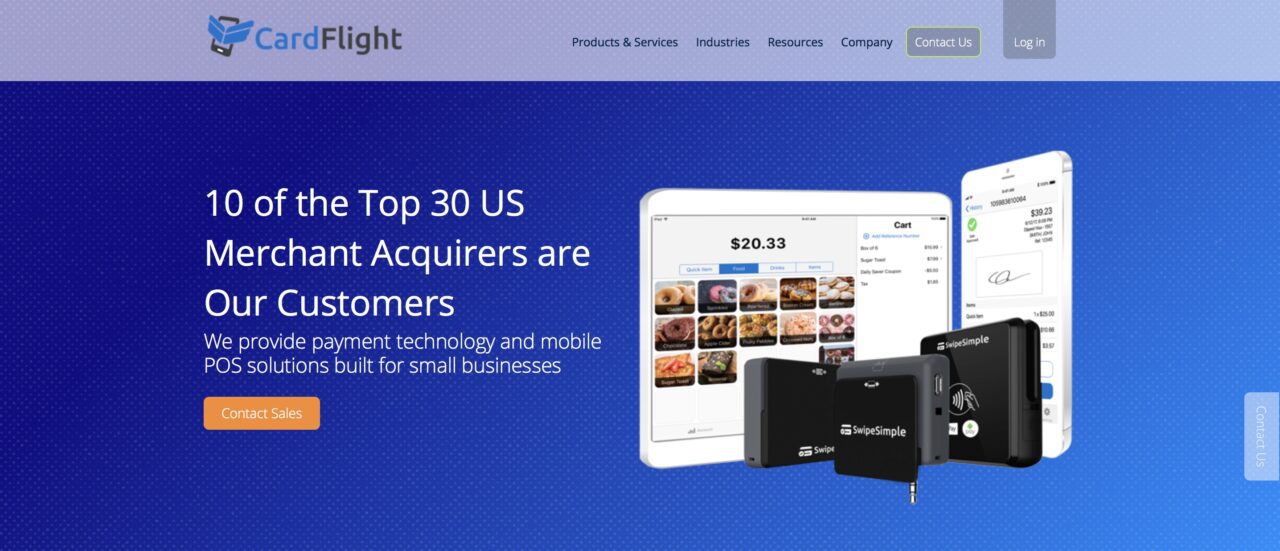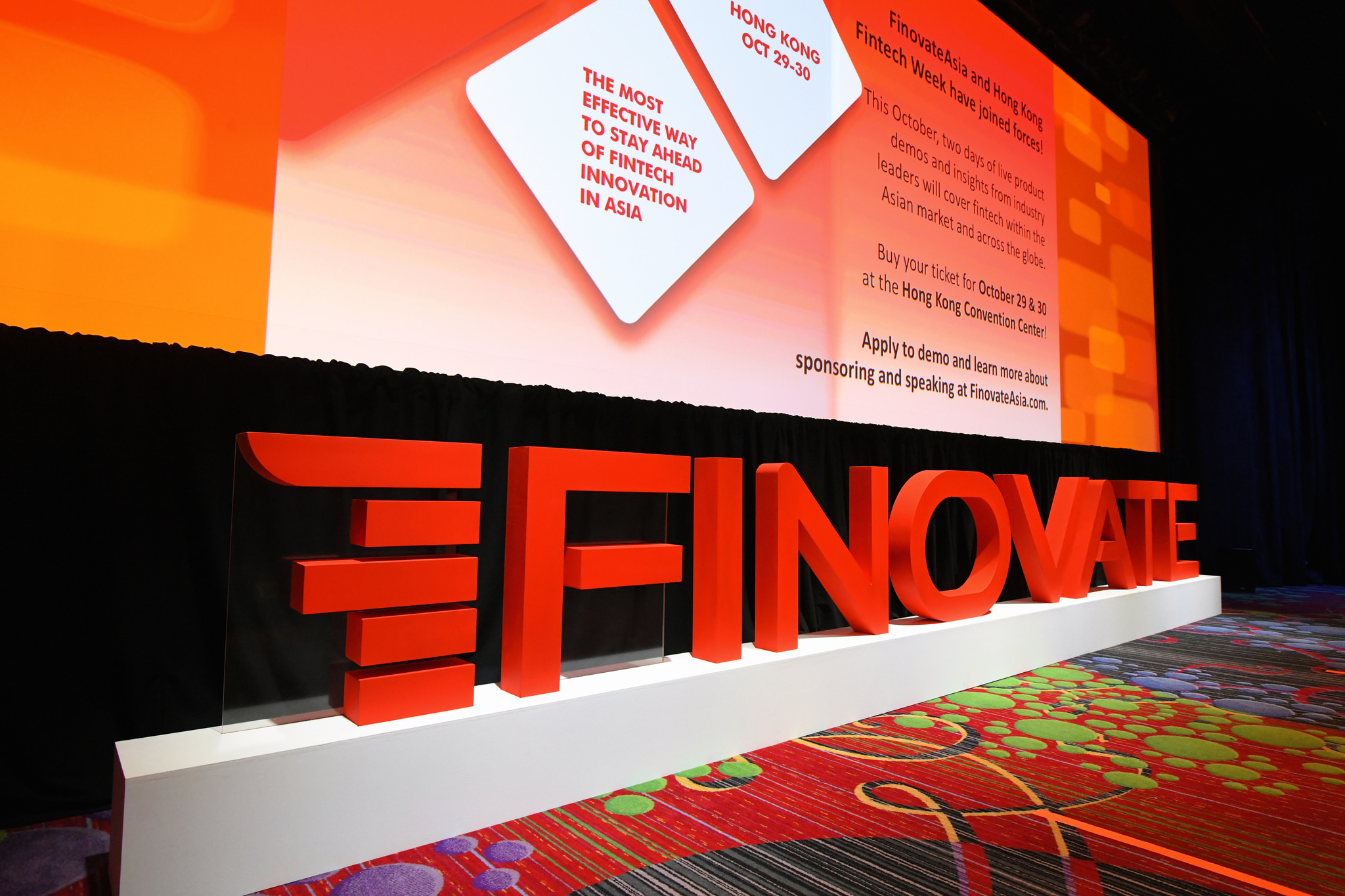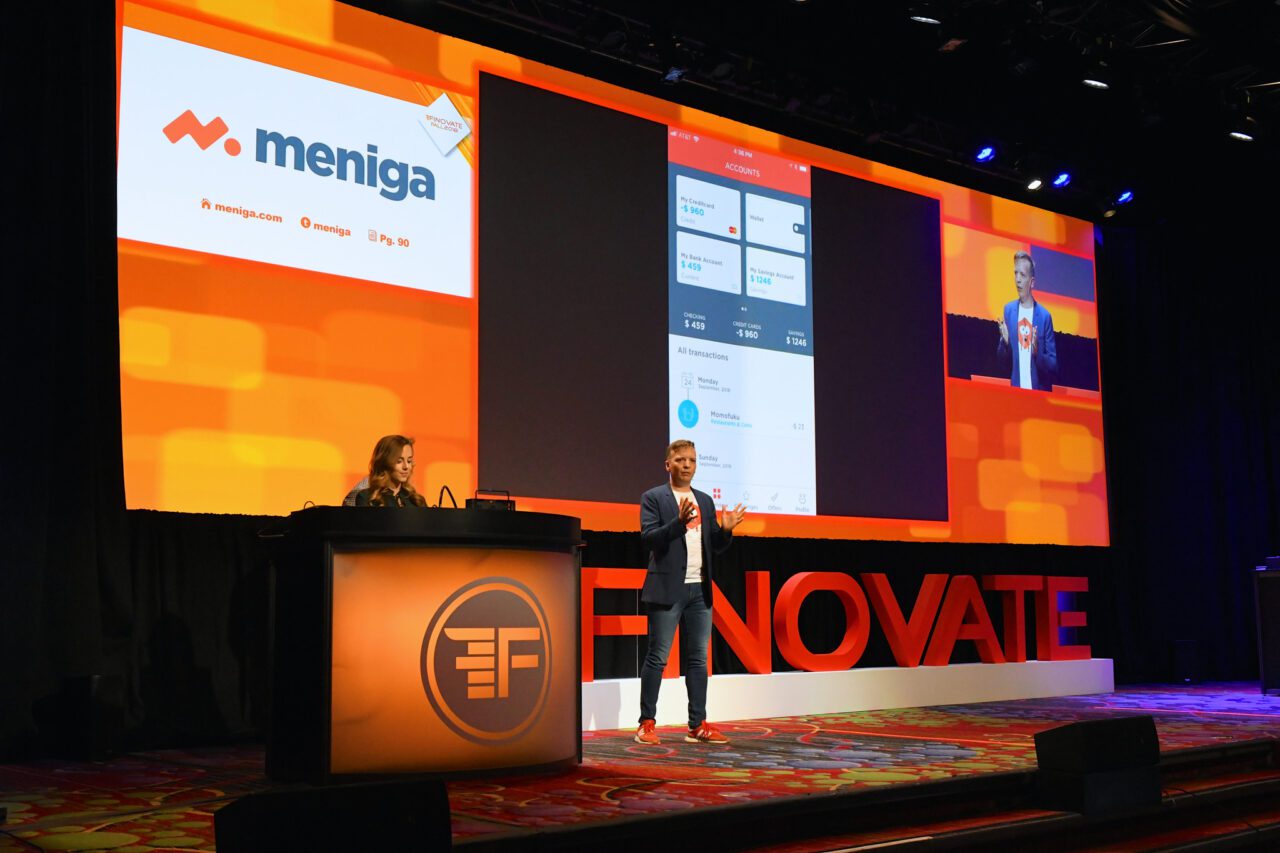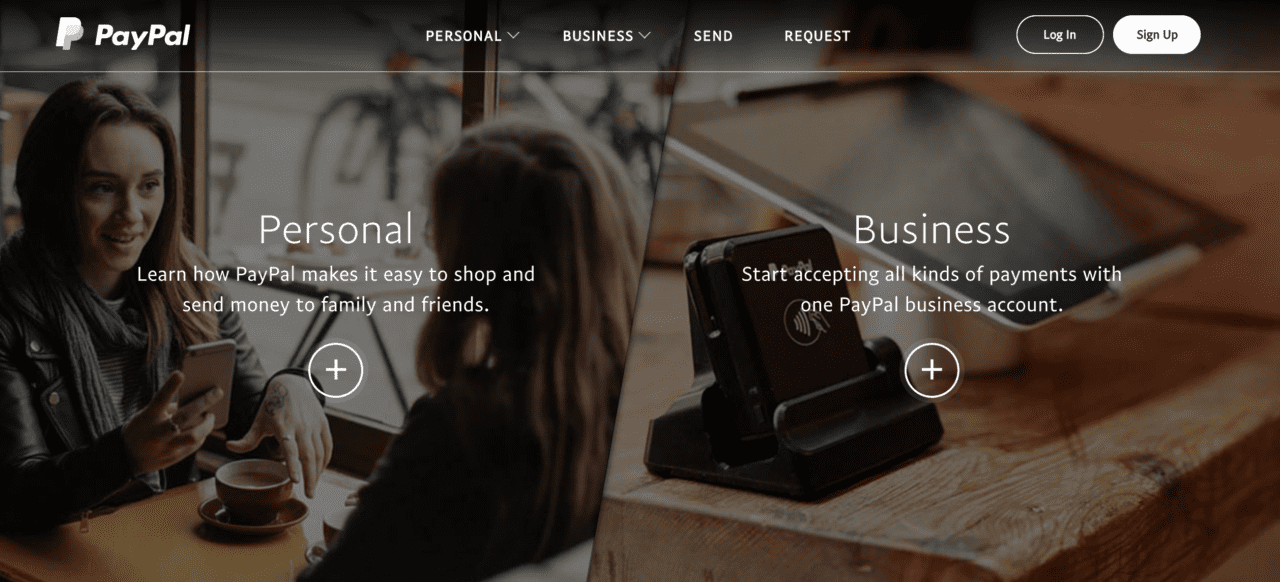
A bi-directional integration between Roostify and Ellie Mae announced last week is a boon for lenders who will be able to seamlessly pass information between the two systems. The partnership, in the words of Roostify VP of Products, Sandeep Aji, “makes it easier than ever for lenders to move loans forward faster with fewer manual touches, reducing operating costs and further improving the consumer experience.”
Applications created in Roostify will automatically appear in Ellie Mae’s Encompass platform thanks to the new integration, and documents created in Encompass can be read and signed in Roostify. Uploaded documentation such as bank statements also will be accessible on both platforms.
“We believe our customers will benefit significantly from this industry-leading integration that will improve the loan process for consumers and lenders alike,” Mark McLaughlin, SVP of Business Development for Roostify, said.

Founded in 2014, Roostify demonstrated its digital home lending platform at FinovateSpring 2018. The company’s solutions help firms from enterprise banks to independent brokerages close faster, reduce excess paperwork, and give mortgage consumers a smoother, end-to-end experience. Supporting digital customer acquisition with a self-service component that enables loan applicants themselves to fulfill much of the loan process, Roostify’s platform has transacted billions of dollars in mortgages and helped close thousands of home loans across the U.S.
This August, Roostify unveiled Adapt, a tool to help mortgage lenders with complex workflows to improve process management, and announced a new Chief Financial Officer, Eric Amblard. The previous month, Roostify partnered with Colonial National Mortgage, improving the online experience for customers of the Texas-based FI. Honored this spring at the MBA Insights 2018 Tech All-Star Awards, Roostify has raised $33 million in funding, and includes Cota Capital and USAA among their investors. The company is headquartered in San Francisco, California.
A provider of cloud-based mortgage financing solutions, Ellie Mae processes 35% of all U.S. mortgage applications. Founded in 1997 and headquartered in Pleasanton, California, the company participated in our developers conference, FinDEVr New York 2017. At the event, the company’s VP for Platform Engineering, Jeff Collins, introduced Ellie Mae Encompass Developer Connect, which enables developers to leverage RESTful APIs to access loan data, real-time web-hook notifications on the loan file, and launch Ellie Mae Network services.
In August, Ellie Mae announced a partnership with First Data to make it easier for Ellie Mae customers to securely accept payment for loan origination and other costs. In May, the company teamed up with fellow Finovate alum, Blend, which will integrate Ellie May’s electronic disclosure delivery technology. Other partnerships forged this year include pacts with Lender Price, Pacific Union, and COCC.
Ellie Mae trades on the New York Stock Exchange under the ticker symbol “ELLI” and has a market capitalization of $2.8 billion. Jonathan Corr is CEO.
A look at the companies demoing live at FinovateAsia on October 29 and 30, 2018 in Hong Kong. Register today and save your spot.
 Presenters
Presenters Yury Panov, CMO
Yury Panov, CMO

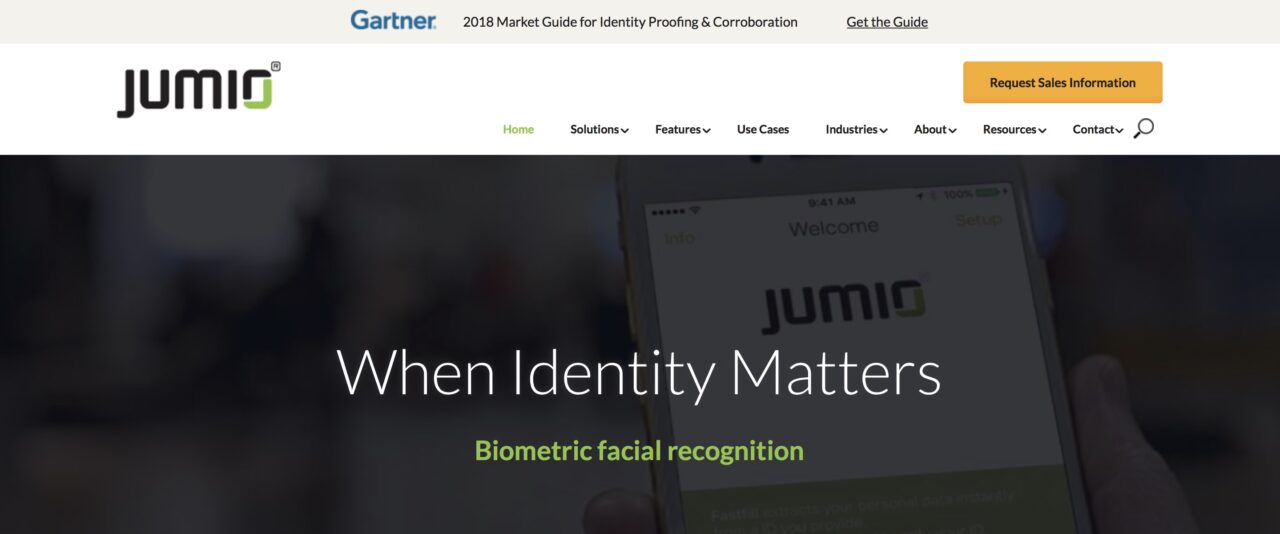
 Presenter
Presenter
 Presenter
Presenter

